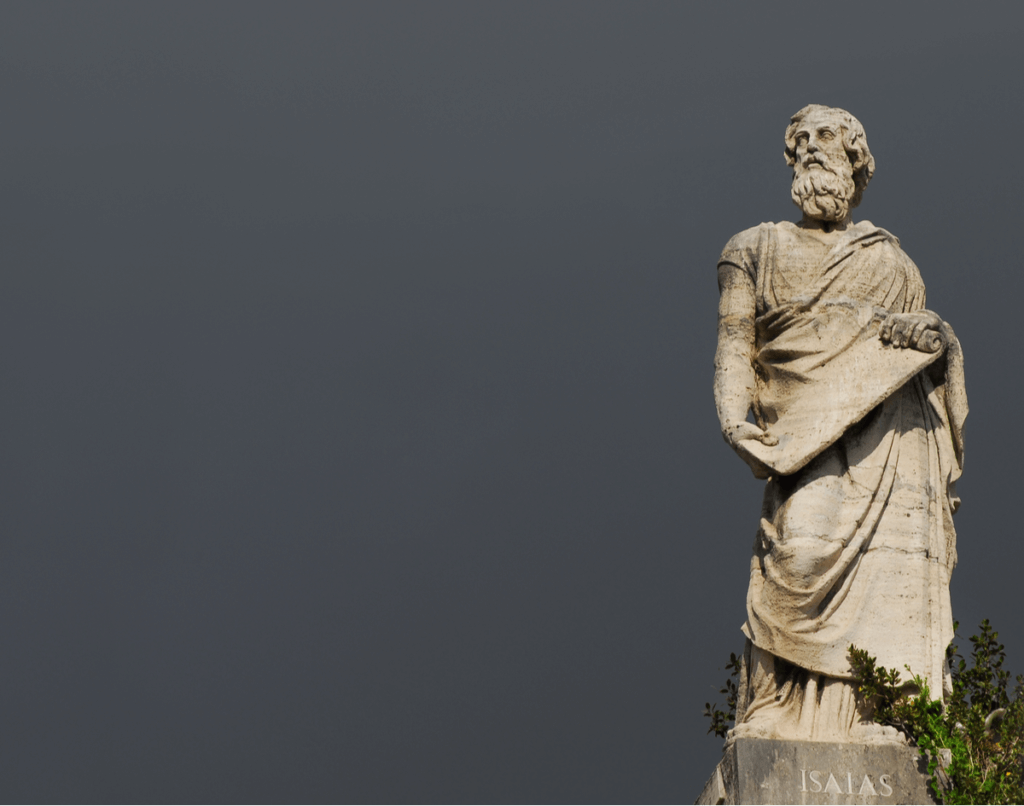Isaiah’s prophetic ministry begins in 742 B.C. at Jehovah’s appearance to him in the temple. Jehovah forewarns him, however, that his people’s reception of him won’t be favorable (Isaiah 6:1–13). Isaiah nevertheless faithfully performs his role as Jehovah’s oracle. As was the custom, his early prophecies are likely spoken inside the gates of Jerusalem or its temple in the hearing of Judah’s elders (compare Joshua 20:4; Jeremiah 7:2). Isaiah’s giving his sons prophetic names during Ahaz’ unrighteous rule, however (Isaiah 7:3; 8:3, 18), indicates that at times he is prevented from openly declaring his people’s evils and their consequence (compare Isaiah 8:16–17).
While Isaiah’s early ministry is to “both houses of Israel” (Isaiah 8:14), the Northern Kingdom falls to Assyria in 722 B.C. in the sixth year of the reign of King Hezekiah, Ahaz’ son (2 Kings 18:10). Hezekiah’s appeal to Isaiah at Assyria’s siege of Jerusalem in 701 B.C., and his own intercession with Jehovah on behalf of his people (Isaiah 37:1–5, 15–20), show Hezekiah’s righteousness. During Hezekiah’s reign, following a great vision of the end from the beginning (Sirach 48:22–25), Isaiah writes the second half of his prophecies. Although the two dates relating to Isaiah are forty-one years apart, his ministry may have lasted as long as fifty-five years.













Can I simply just say what a relief to discover somebody who actually understands what they are discussing over the internet. You certainly know how to bring a problem to light and make it important. A lot more people should check this out and understand this side of the story. I was surprised that you are not more popular since you certainly have the gift. Maria Leichner
Love your books, podcasts, comments, insights, and willingness to teach. Appreciate these delicious truths you highlight from Isaiah, and insights of how to apply them, in a dark world which we live. Thank you, and look forward to next time.